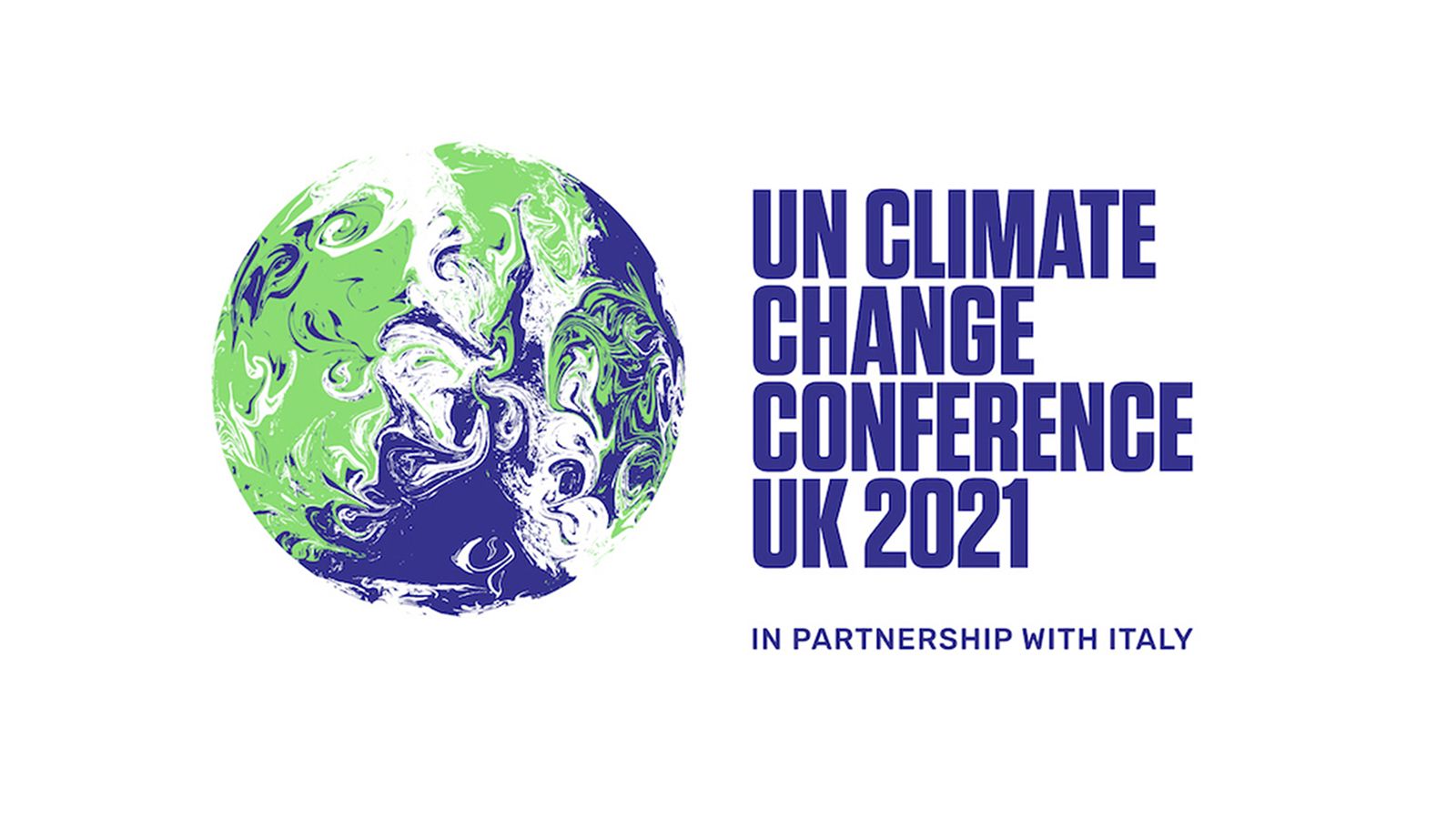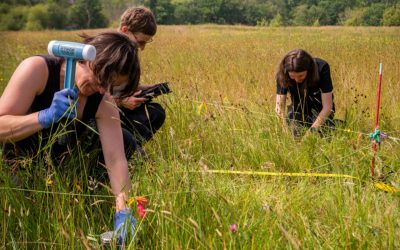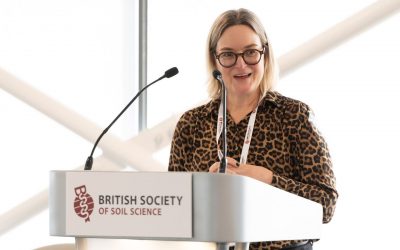Preventing, Halting and Reversing the Degradation of Soils Worldwide
After the world’s oceans, soil is the world’s largest active carbon store, holding 80% of terrestrial carbon, which is almost three times the amount held in the world’s atmosphere. Soil carbon and soil health are intimately linked, and with soil health come multiple other benefits, those Soil Ecosystem Services such a supporting food and fibre production to help achieve food security for all, supporting biodiversity (both above and below ground level), water filtration and flood risk reduction.
Of all its enormous volume, life depends on a very thin living skin, the soil, exposed at the surface. But across one third of our land soil is degraded and we need a paradigm shift in how the critical importance of soils is understood. We should be talking about endangered and, unfortunately, extinct soils as we talk about animals. We should be talking about the inescapable link between human, societal and planetary health and the health of our soils, the Soil Life Nexus – there can be no life without soil, and no soil without life.
The carbon cycle in the soil, and the protection of the land, are at the centre of the paradigm shift and are crucial factors in the fight against climate change.
We started to highlight the importance of these issues in our video #Grounded, which we launched on World Soils Day 2020.
This week, we launched our Science Note on Soil Carbon, using the expertise of our members; bringing together UK soil science experts to highlight the facts and implement clear recommendations on how we can collectively support soils to store more carbon. As the UK hosts COP 26, the climate change summit provides the Society with a once in a lifetime opportunity to highlight our recommendations to international governments, whilst on home ground. It will also allow us to raise awareness of soil’s importance not just environmentally as set out above, but also linking the societal benefits which our colleagues participating in the Our Living Soil arts programme (which supports the World Congress) have come to recognise.
During Covid-19, we have all collectively understood the value of our soil. Those living in urban areas have renewed appreciation of the parks they walk in and the positive effects of the natural environment on their physical and mental health.
Without well managed soil, all the UN Sustainable Development Goals are unachievable: whether that is related to food security, managing erosion and soil runoff so we have clean water and sanitation, or as linked to good health and wellbeing.
During COP 26, we will be asking international governments to prevent, halt and reverse the degradation of soils by:
- protecting and enhancing existing carbon stores in permanent grasslands, moorlands, wetlands and woodlands
- supporting the adoption of regenerative and sustainable soil management practices to increase soil carbon sequestration and thus improve soil health and resilience and the provision of financial incentives for these schemes
- supporting and funding soil research and its dissemination
- supporting global recognition and accreditation of soil scientists
- ensuring global reinforcement of soil regulation.
In return, we believe the Society’s role continues to be in striving to secure the future of soils by promoting the critical importance of soils in delivering the UN Sustainable Development Goals and supplying knowledge, through our science, to support efforts to halt and repair soil degradation.
We will continue to make a positive difference in the sustainable management and long-term security of soils that is critical to solving the environmental and societal challenges we face today.
We need to take collective ownership for the state of our soils and work together to prevent, halt and reverse the degradation of soils worldwide: a refusal by governments to support these recommendations will mean that my children, and yours, will not inherit suitable natural resources to enable them to thrive for years to come.





